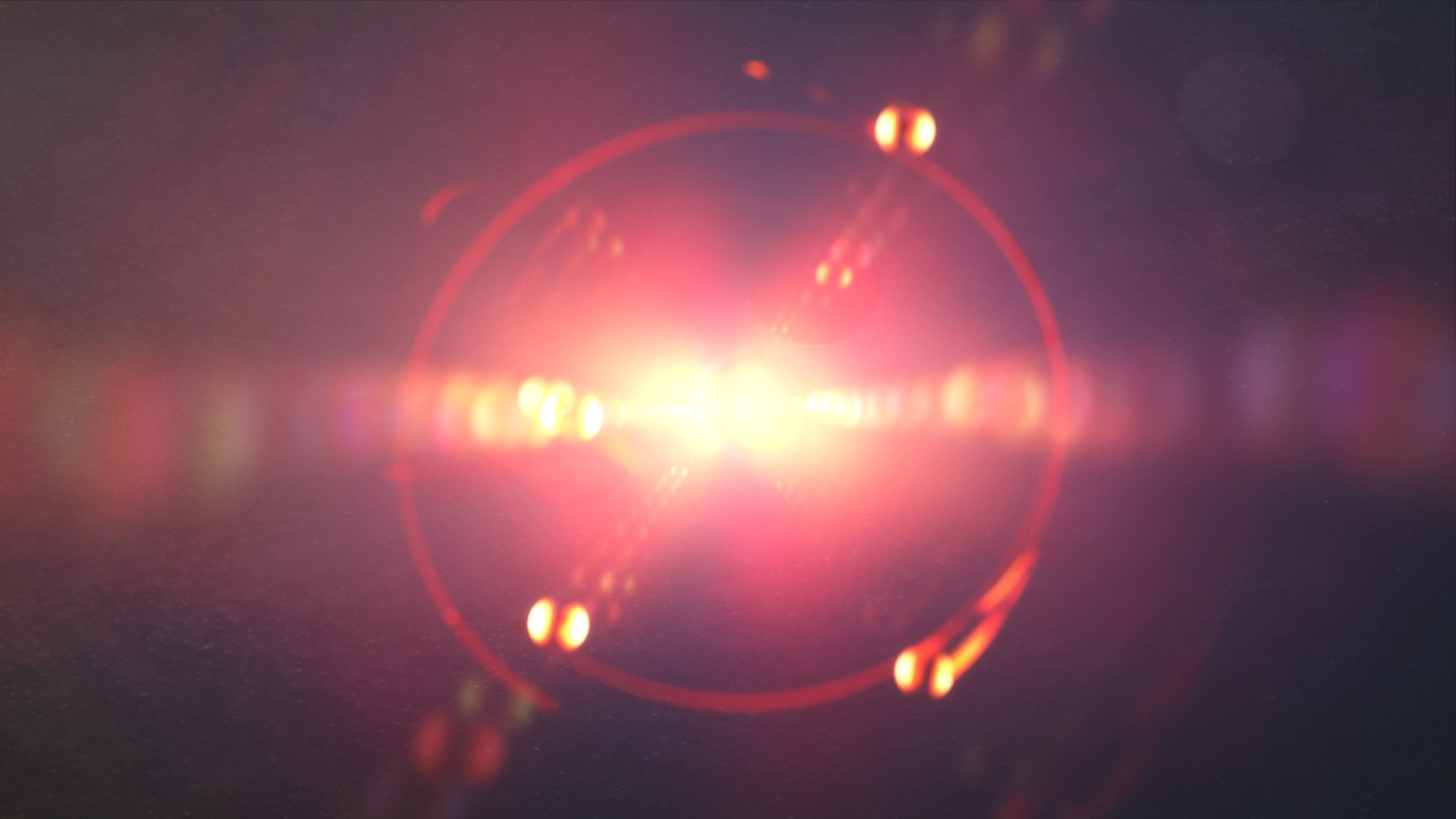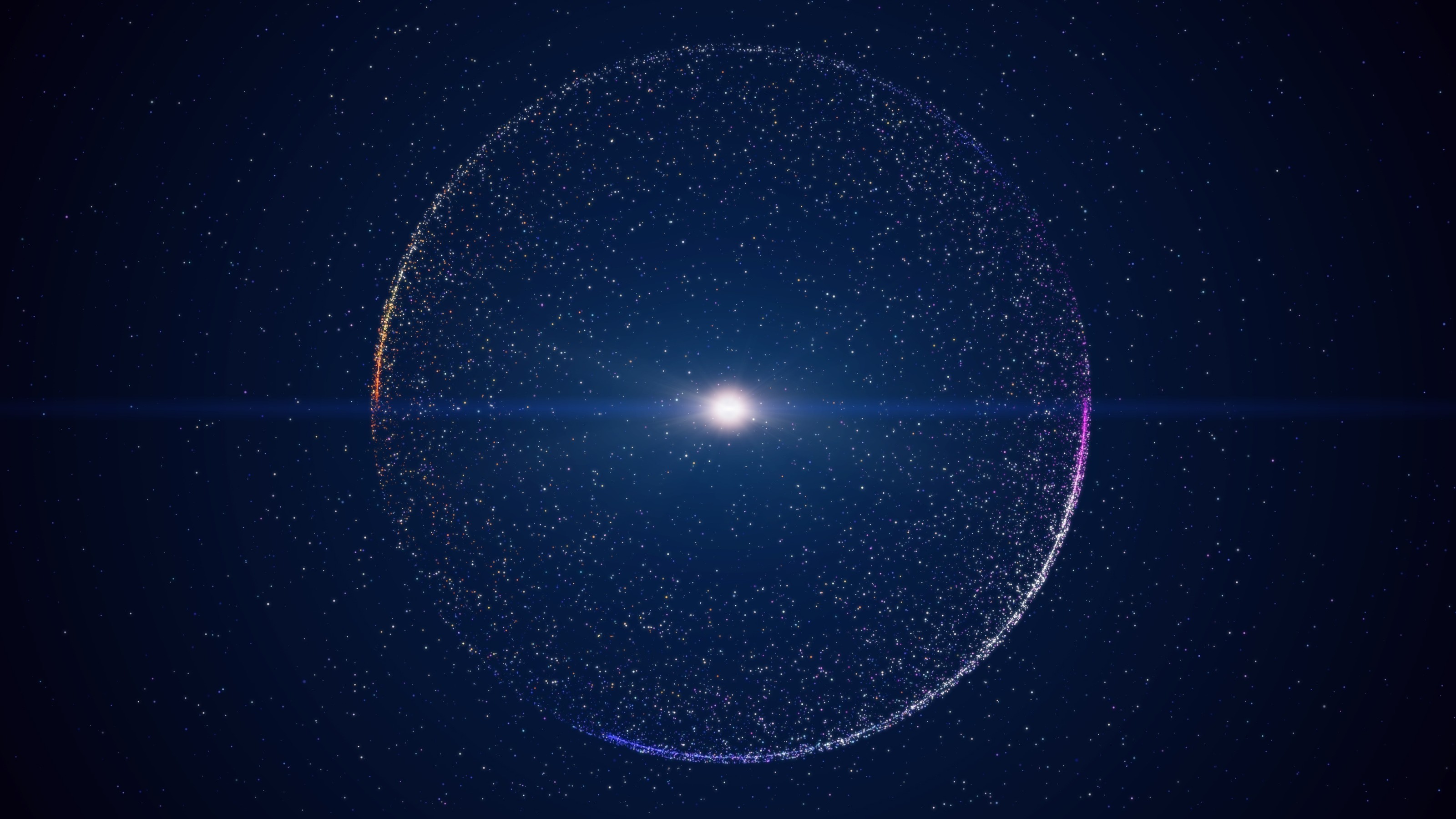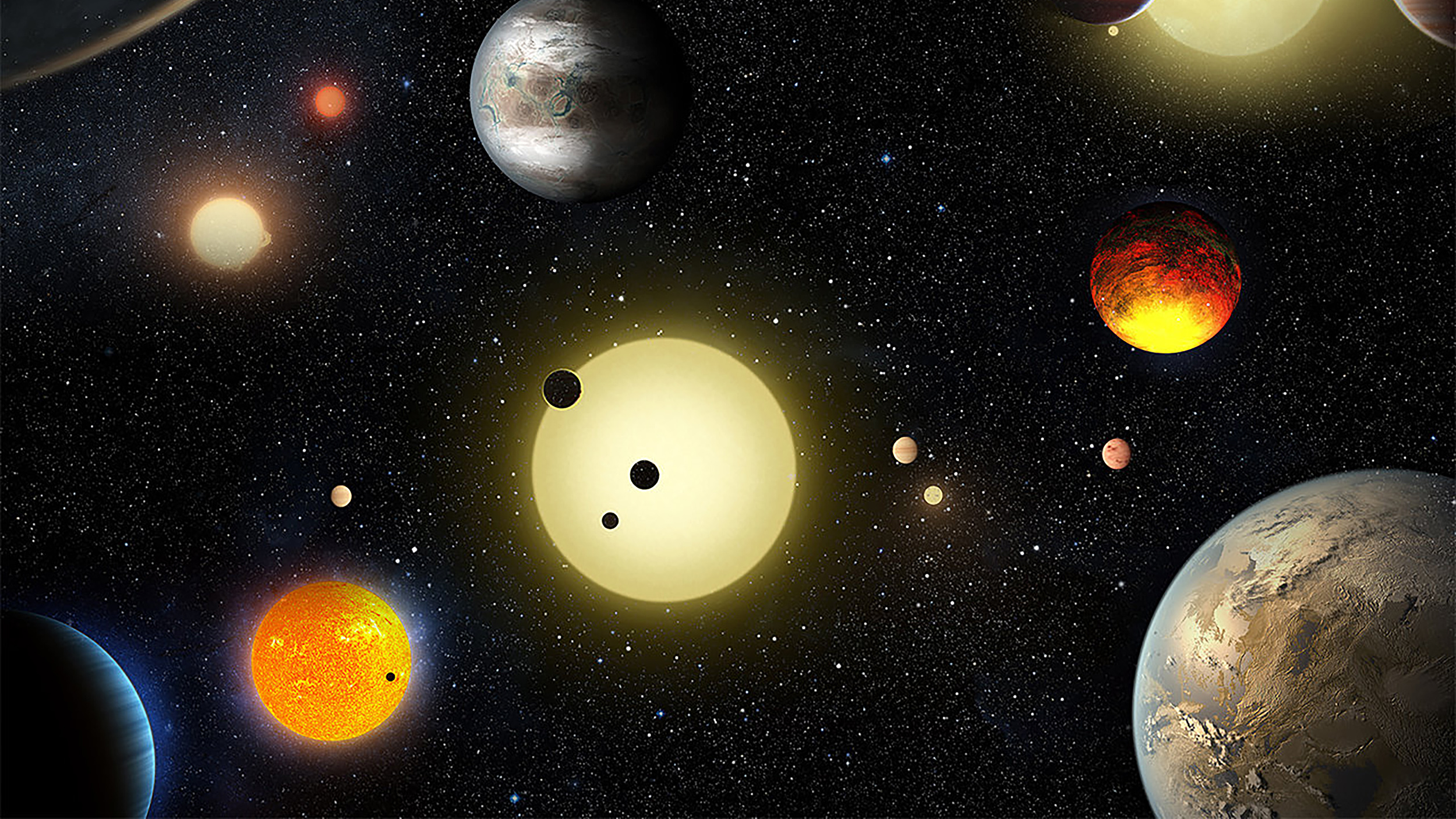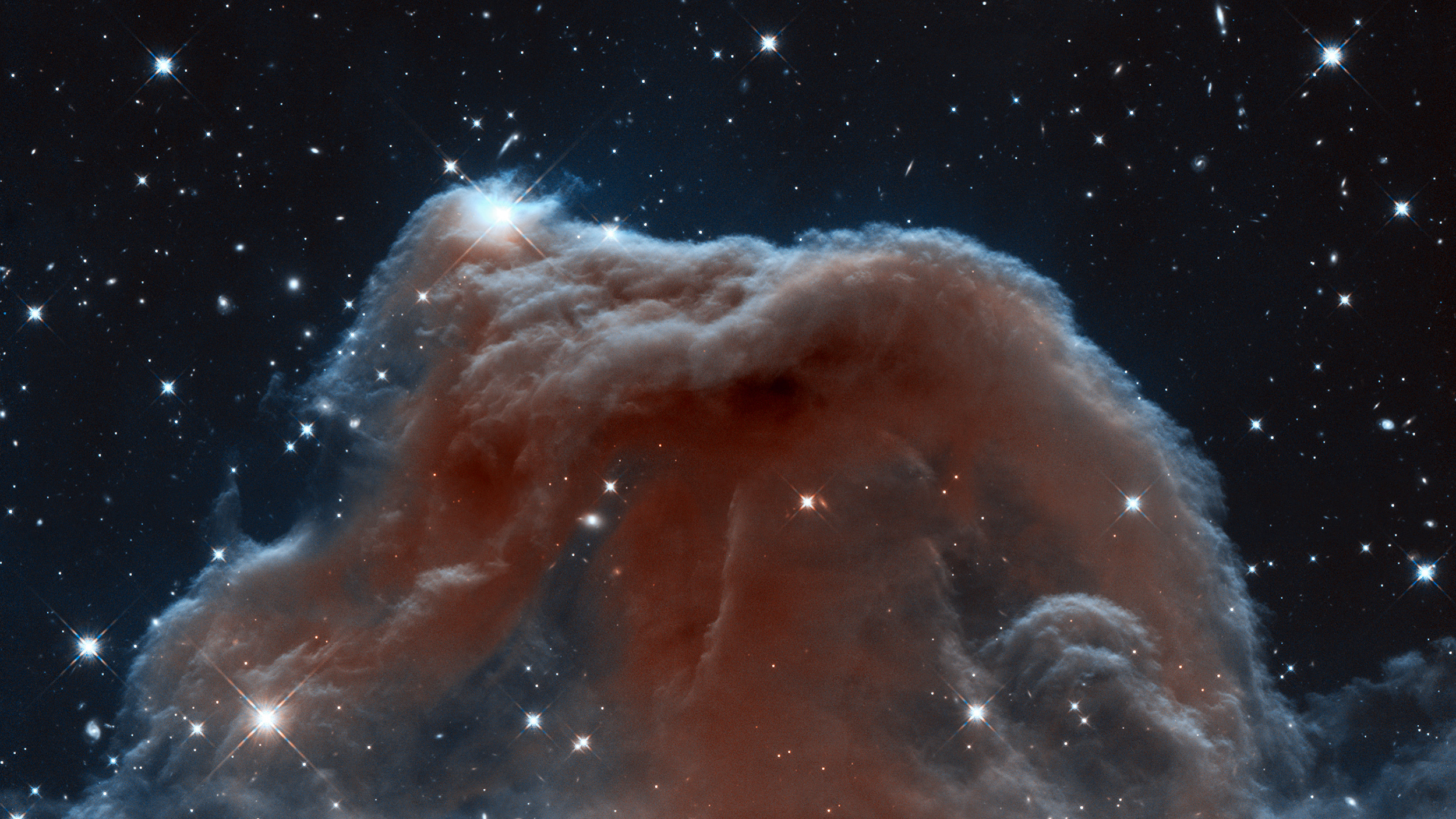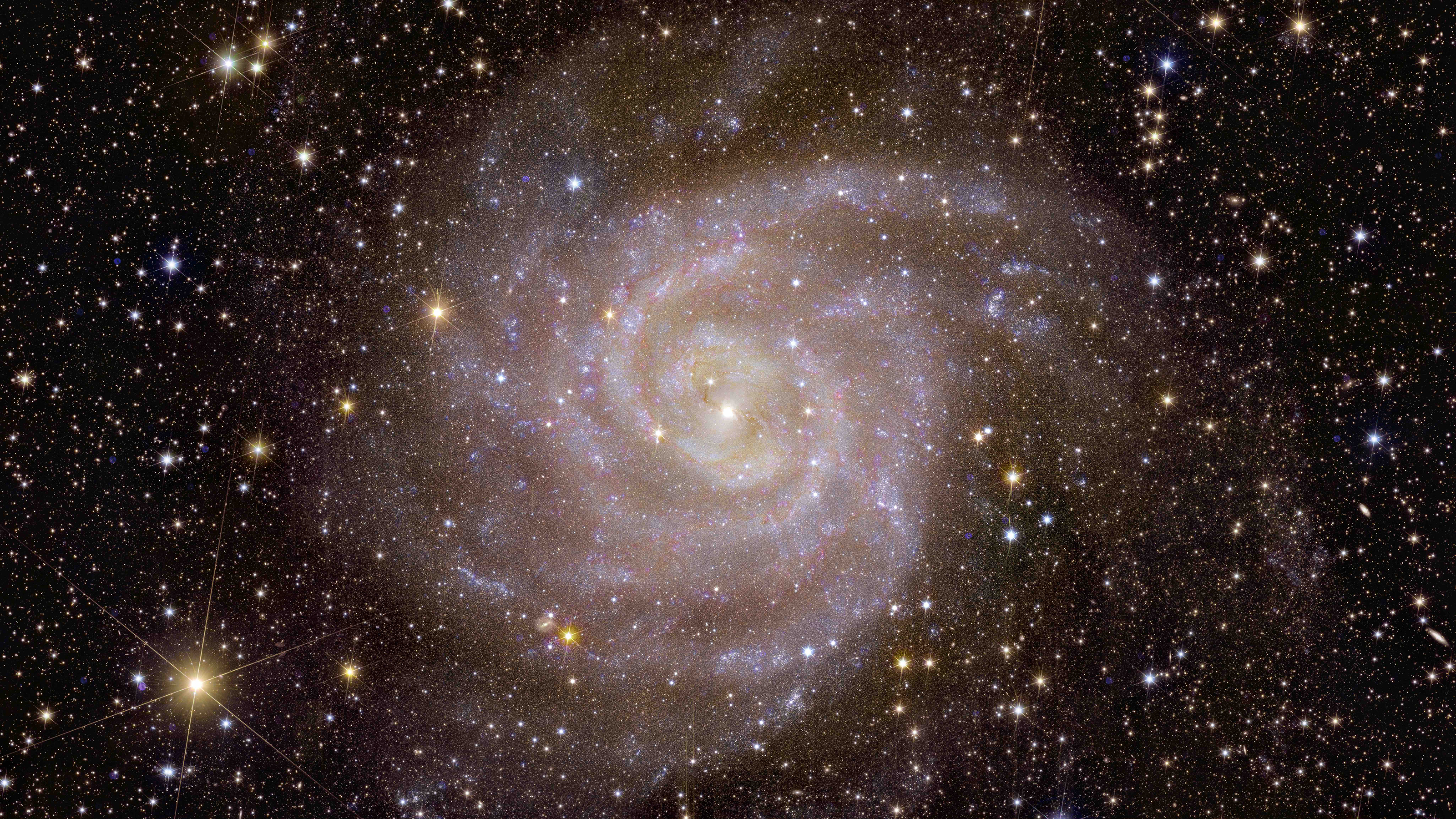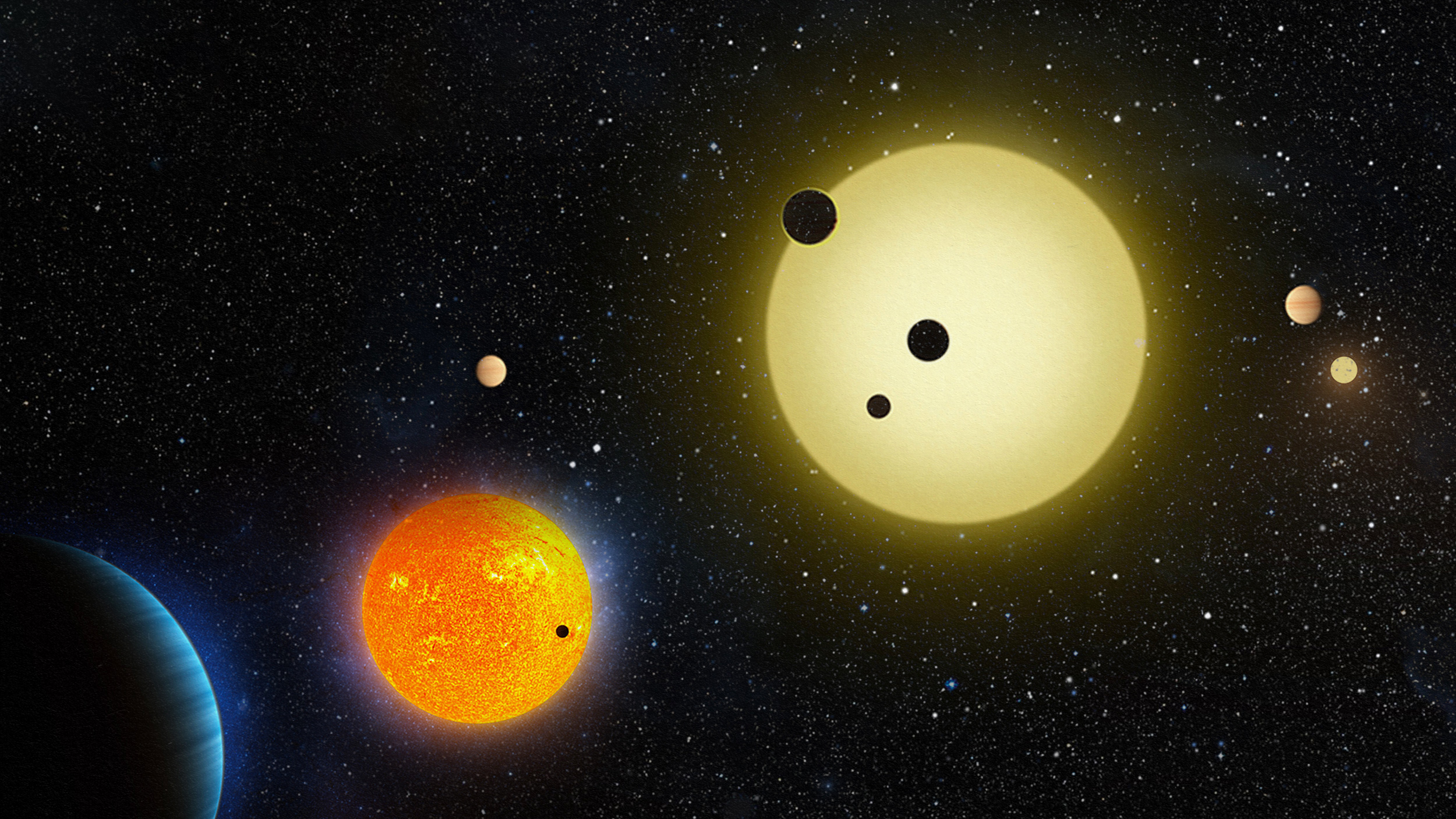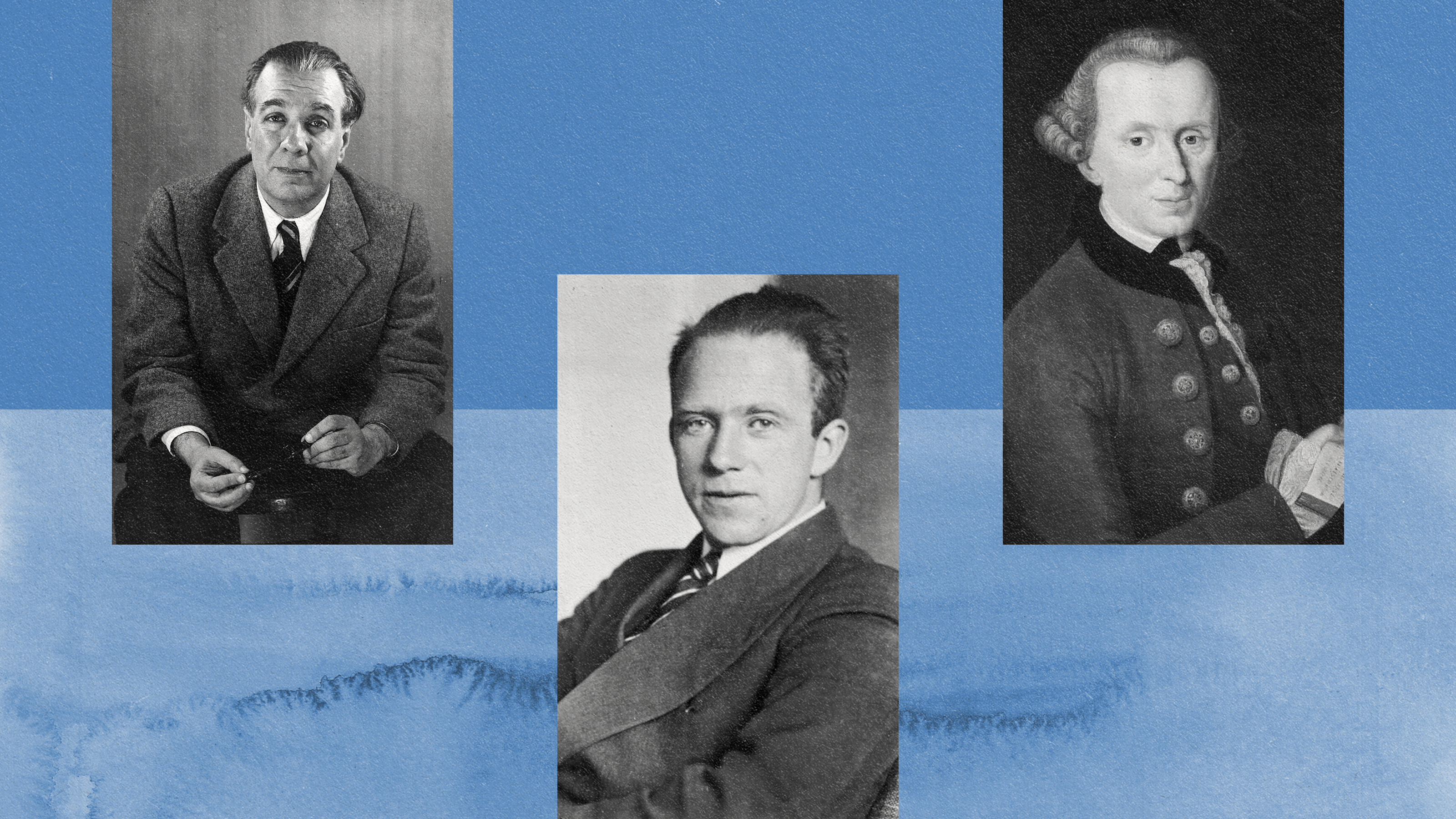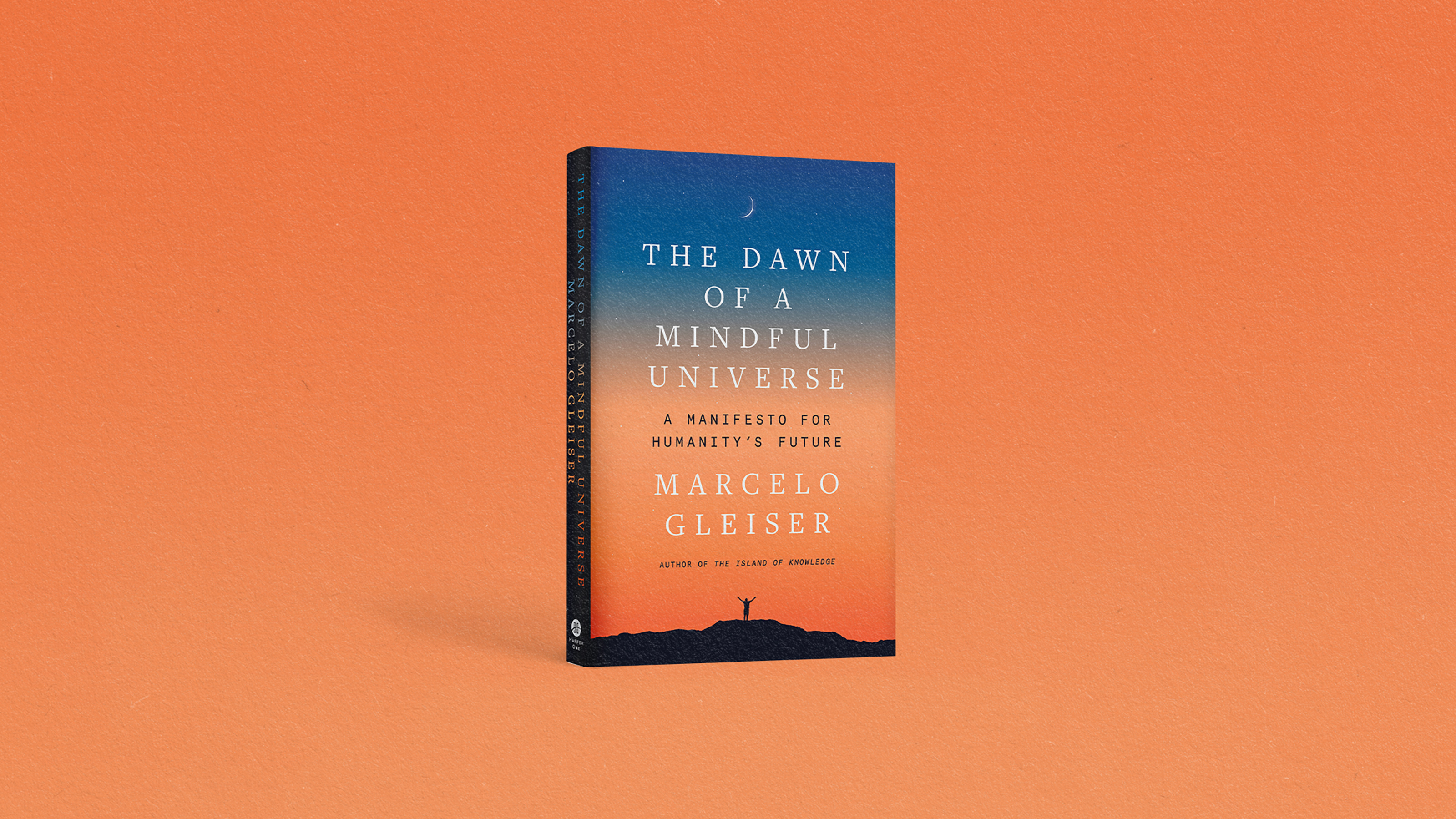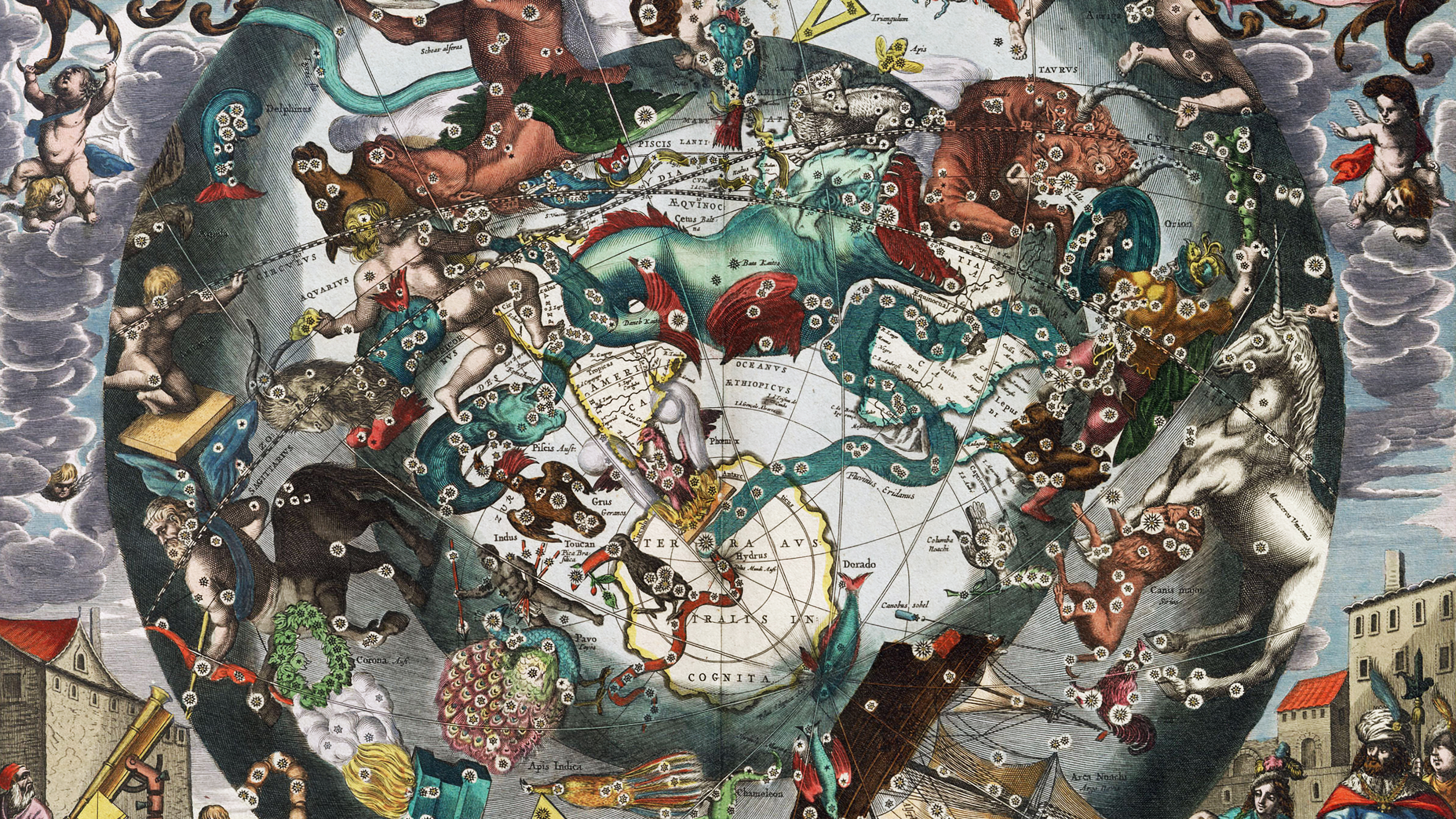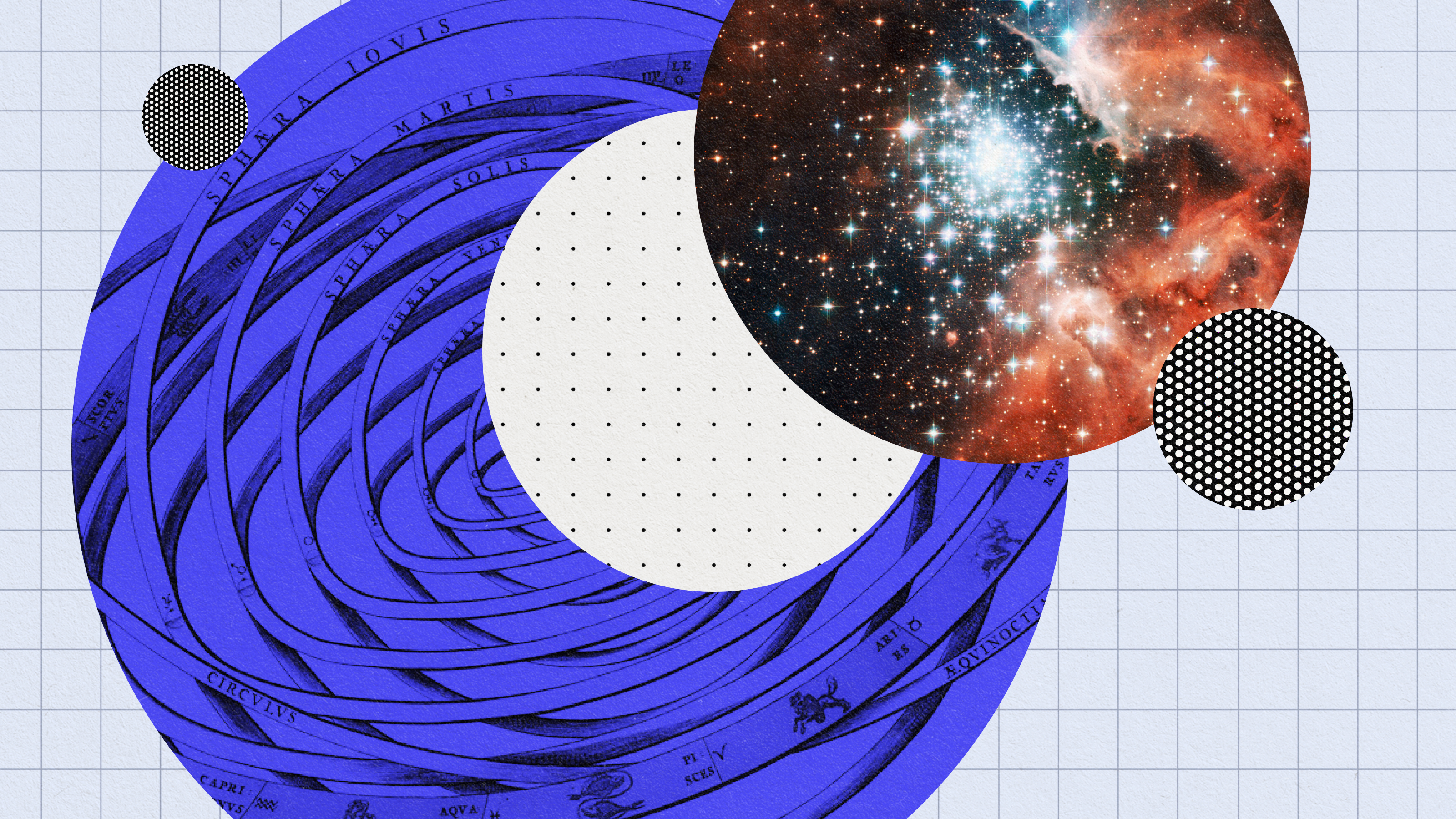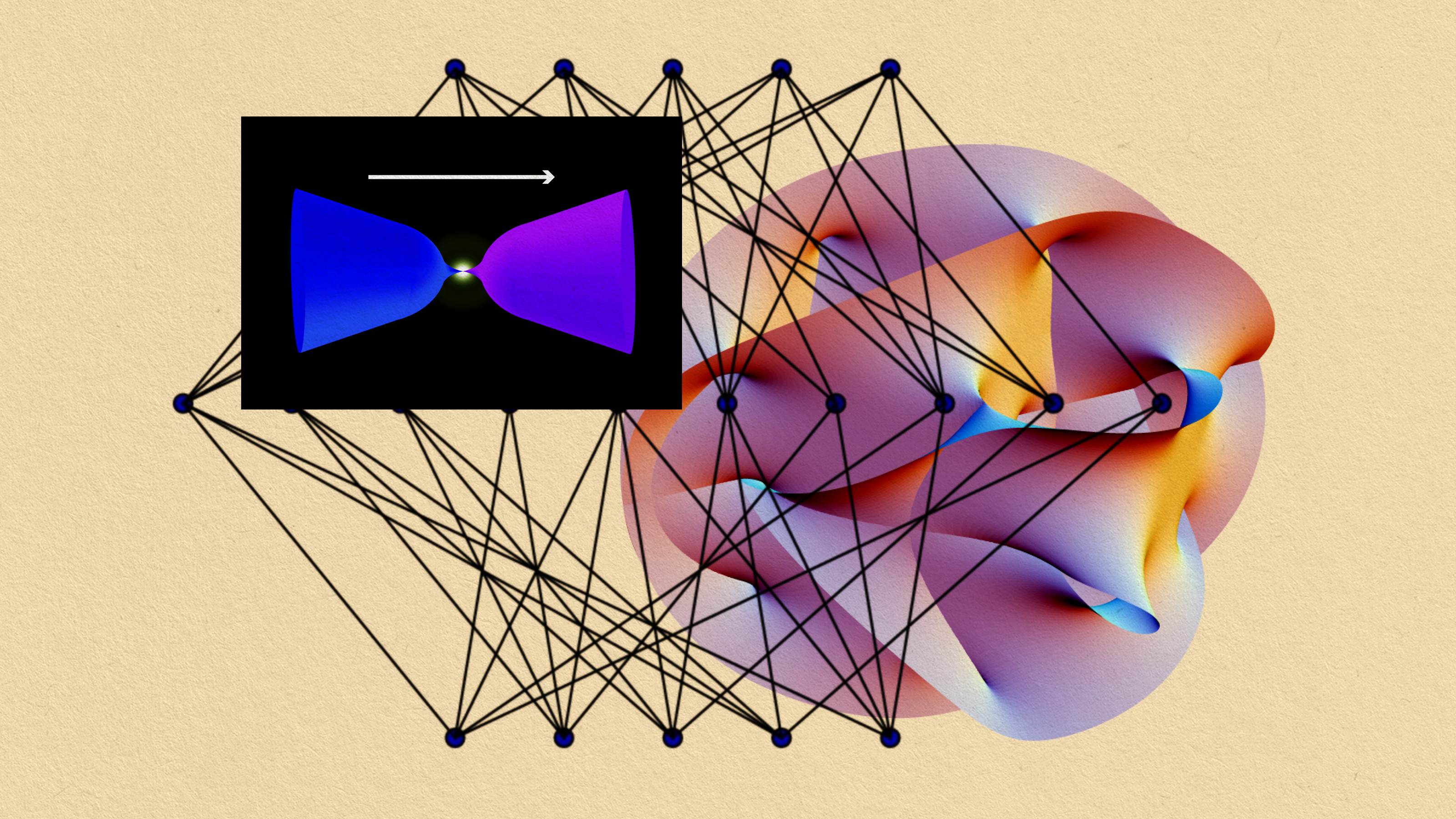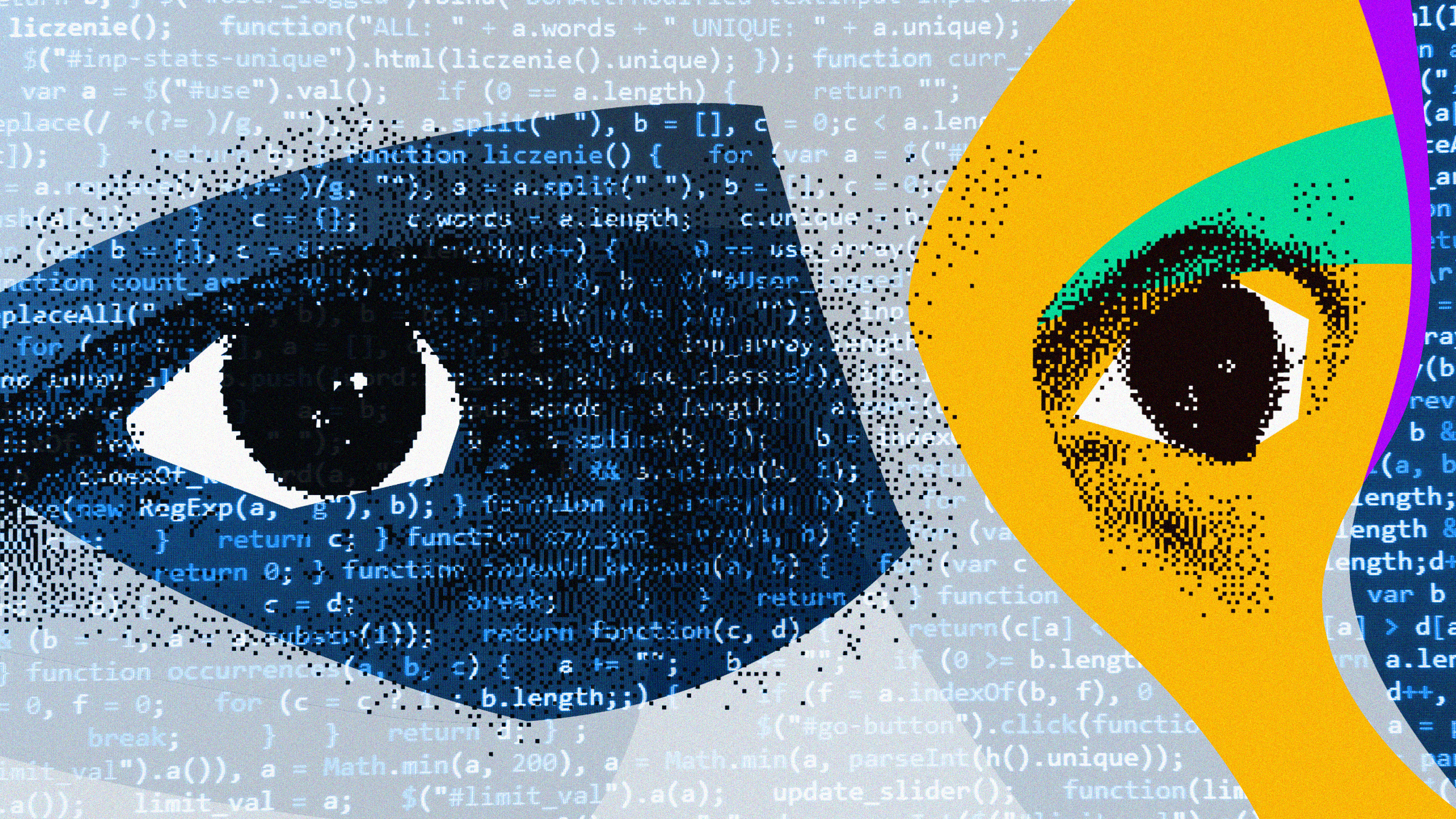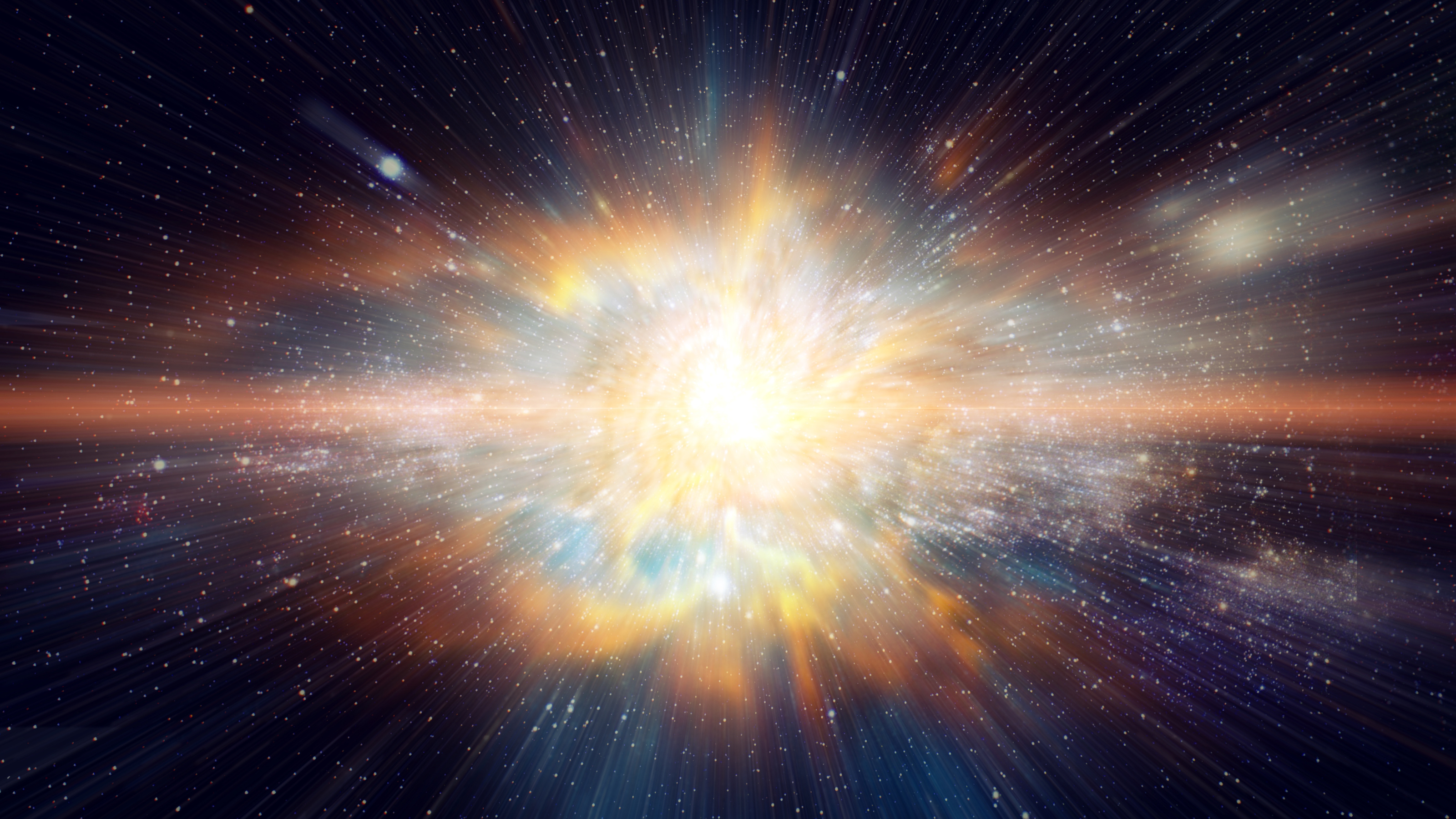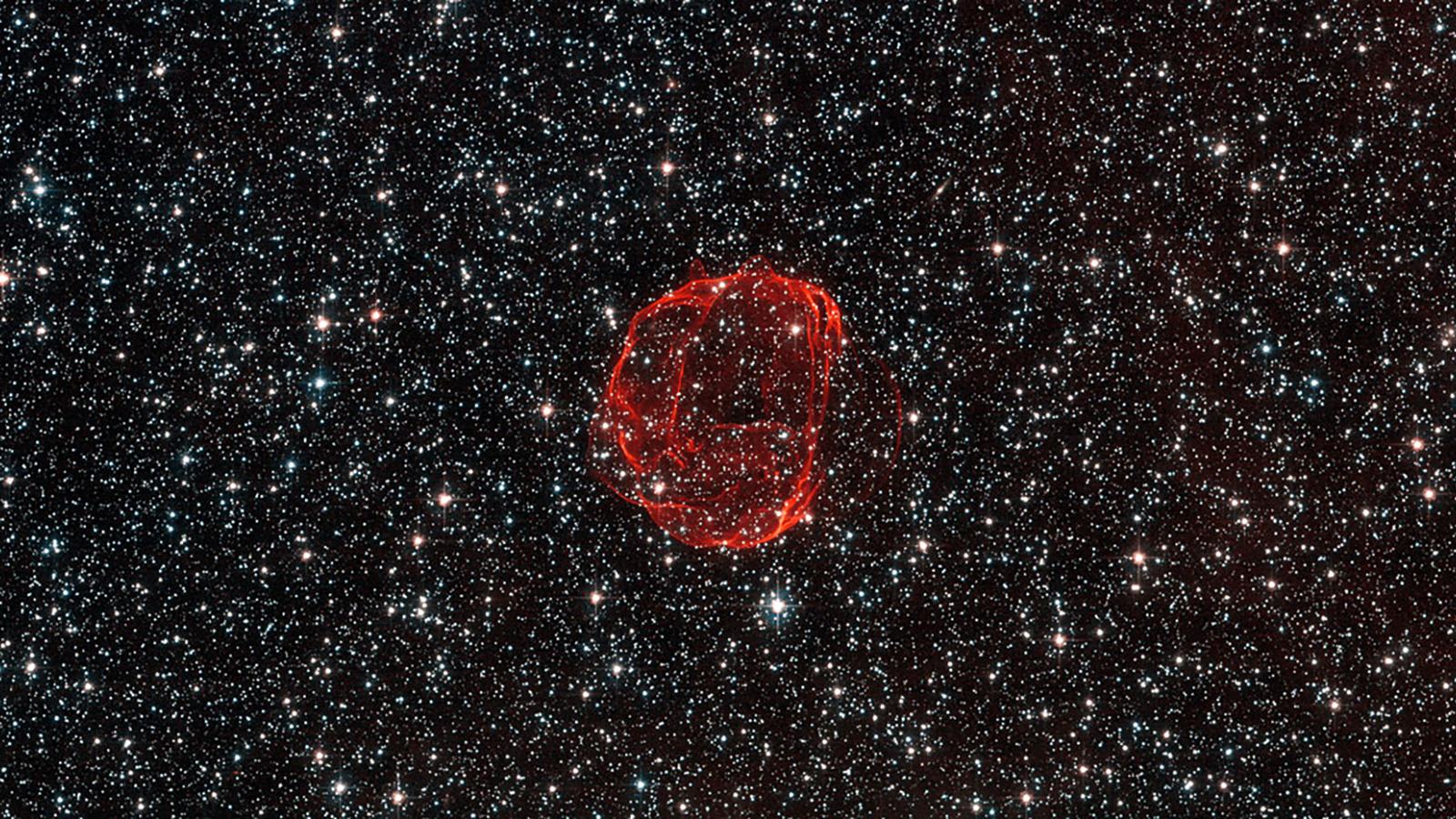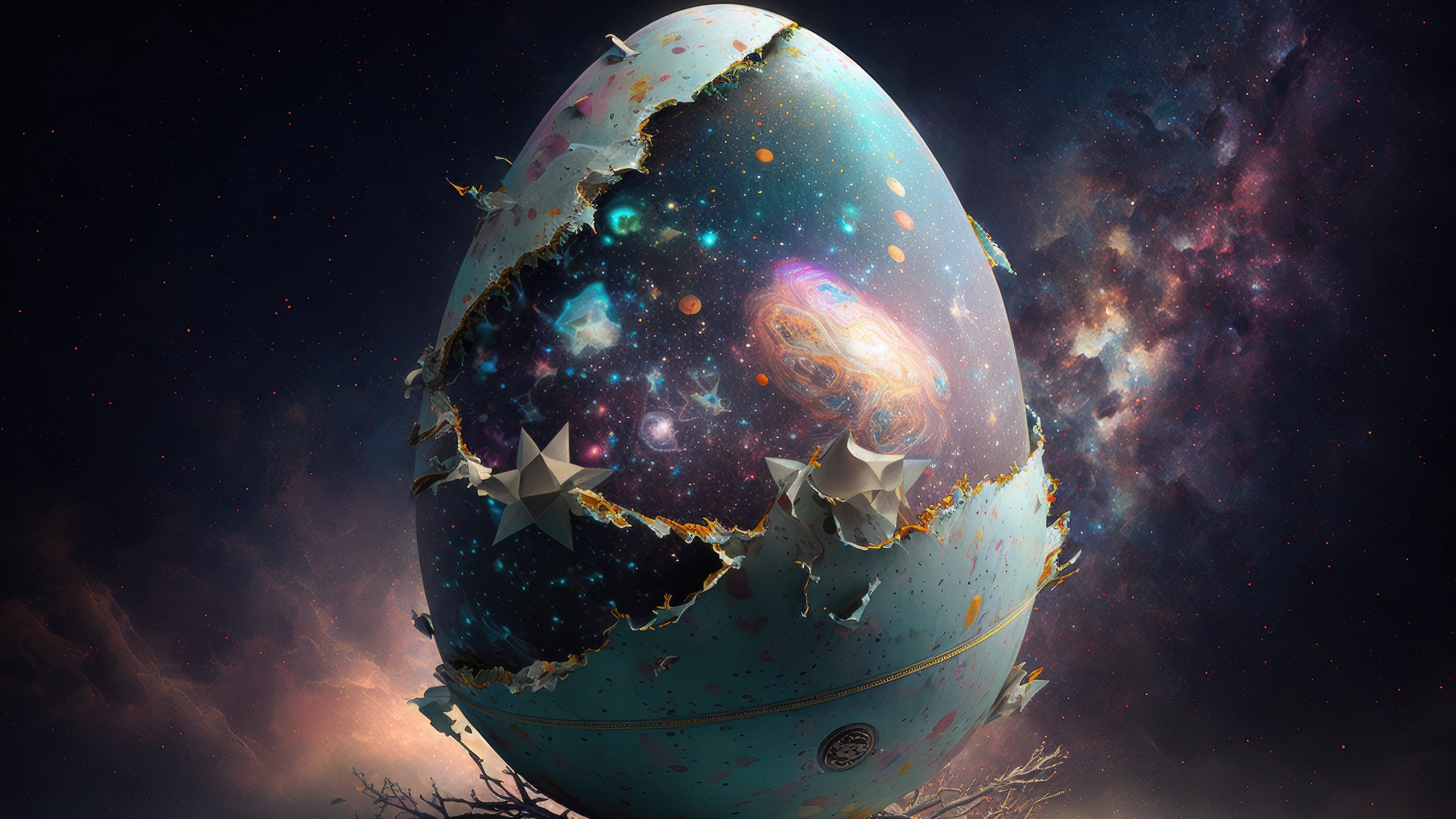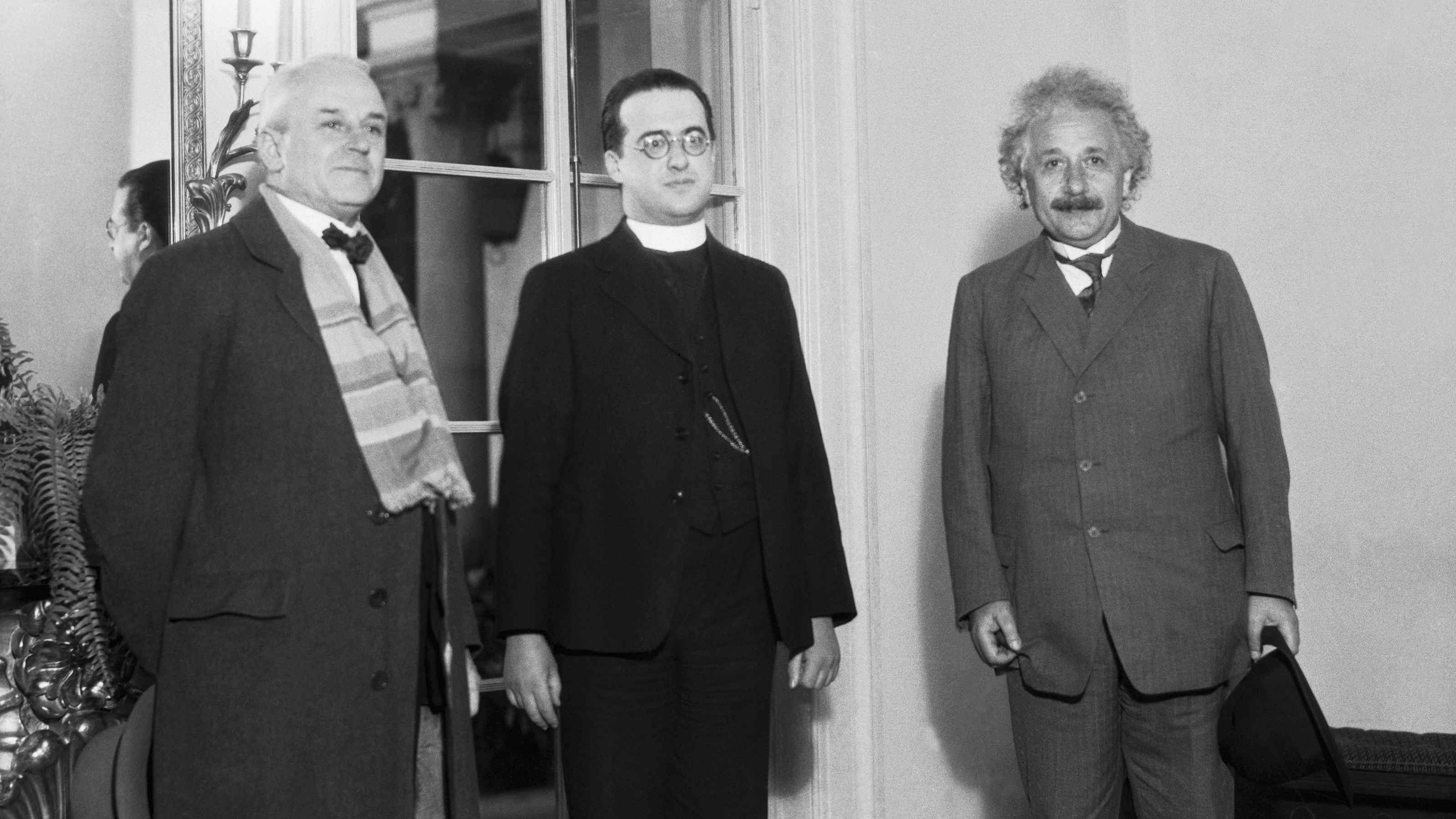Marcelo Gleiser
Theoretical Physicist
Marcelo Gleiser is a professor of natural philosophy, physics, and astronomy at Dartmouth College. He is a Fellow of the American Physical Society, a recipient of the Presidential Faculty Fellows Award from the White House and NSF, and was awarded the 2019 Templeton Prize. Gleiser has authored five books and is the co-founder of 13.8, where he writes about science and culture with physicist Adam Frank.

Millennia ago, philosophers like Anaximander grasped that nature is the ultimate recycler.
From how life emerged on Earth to why we dream, these unanswered questions continue to perplex scientists.
Astronomers have discovered more than 5,000 confirmed exoplanets — very few of which resemble Earth.
Our intuitive understanding of time is very different from a physicist’s understanding of time. How do we reconcile these views?
Two of the answers add a dimension to physics that doesn’t belong there. Maybe we could call it “astrotheology.”
We need a hypothesis that accounts for both the fine-tuning of physics for life but also the arbitrariness and gratuitous suffering we find in the world.
“If we find just one other example of biology out there, then life is not an accident.”
From ancient Greek cosmology to today’s mysteries of dark matter and dark energy, explore the relentless quest to understand the Universe’s invisible forces.
The best answer we have is, “Life is matter with intentionality.”
Finding a tiny planet around bright stars dozens or hundreds of light-years from Earth is extremely difficult.
Scientists may have detected the somewhat smelly chemical dimethyl sulfide on a planet 120 light-years from Earth.
Looking at our planet with post-Copernican eyes has the power to change how we relate to it and each other.
A new book envisions an encounter of minds between the Argentinian writer Jorge Luis Borges, the physicist Werner Heisenberg, and the philosopher Immanuel Kant.
Life in the supremely vast cosmos is incredibly rare. We need a new vision for our living planet and for ourselves.
We should acknowledge that there are faith-based myths running deep in science’s canon.
The multiverse pushes beyond the limits of the scientific method. From our vantage point in the Universe, we cannot know if it’s real.
How are we to deal with the quantization of spacetime and gravity?
There is no such thing as a void in the Universe.
Fear of technology is not new. But we misunderstand its origin. In reality, we don’t fear technology but each other.
Perhaps the whole Universe is the result of a vacuum fluctuation, originating from what we could call quantum nothingness.
We can reasonably say that we understand the history of the Universe within one-trillionth of a second after the Big Bang. That’s not good enough.
We have become the greatest threat to ourselves and to life on this planet. We need a set of agreed-upon safeguards to preserve our future.
What began as an annoyance ended as a Nobel Prize-winning discovery about the Big Bang and the origin of the Universe.
Once the initial blaze of heat dissipated, the constituent particles of atoms were free to bind.
The acceptance of our cosmic loneliness and the rarity of our planet is a wakeup call.
What would become the Big Bang model started from a crucial idea: that the young Universe was denser and hotter.
For many years, some cosmologists embraced the idea of an eternal, steady state universe. But science triumphed over philosophical prejudice.
Einstein called his idea “abominable,” but the world of physics came around to embracing the views of Georges Lemaître.
If the evolution of the Universe is a movie, what happens when we rewind it all the way backward?
